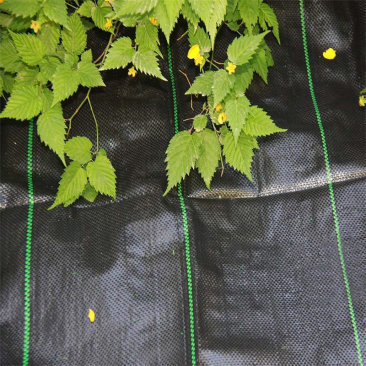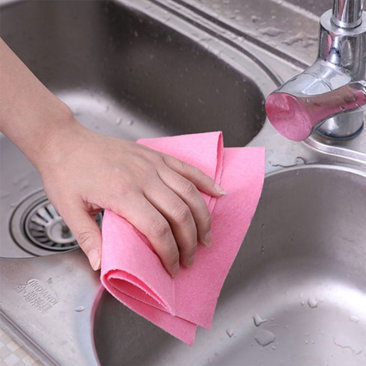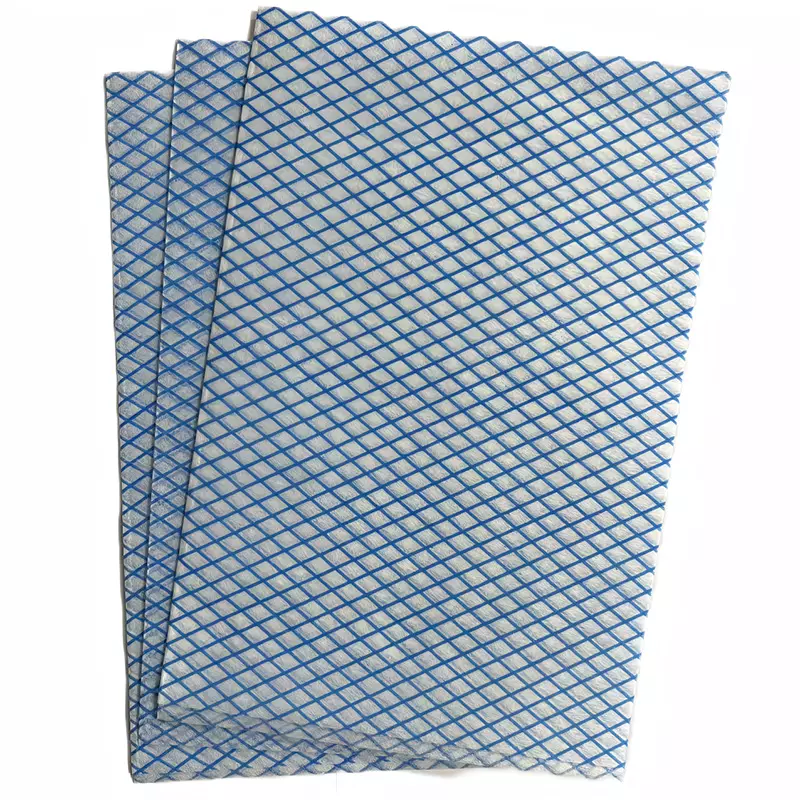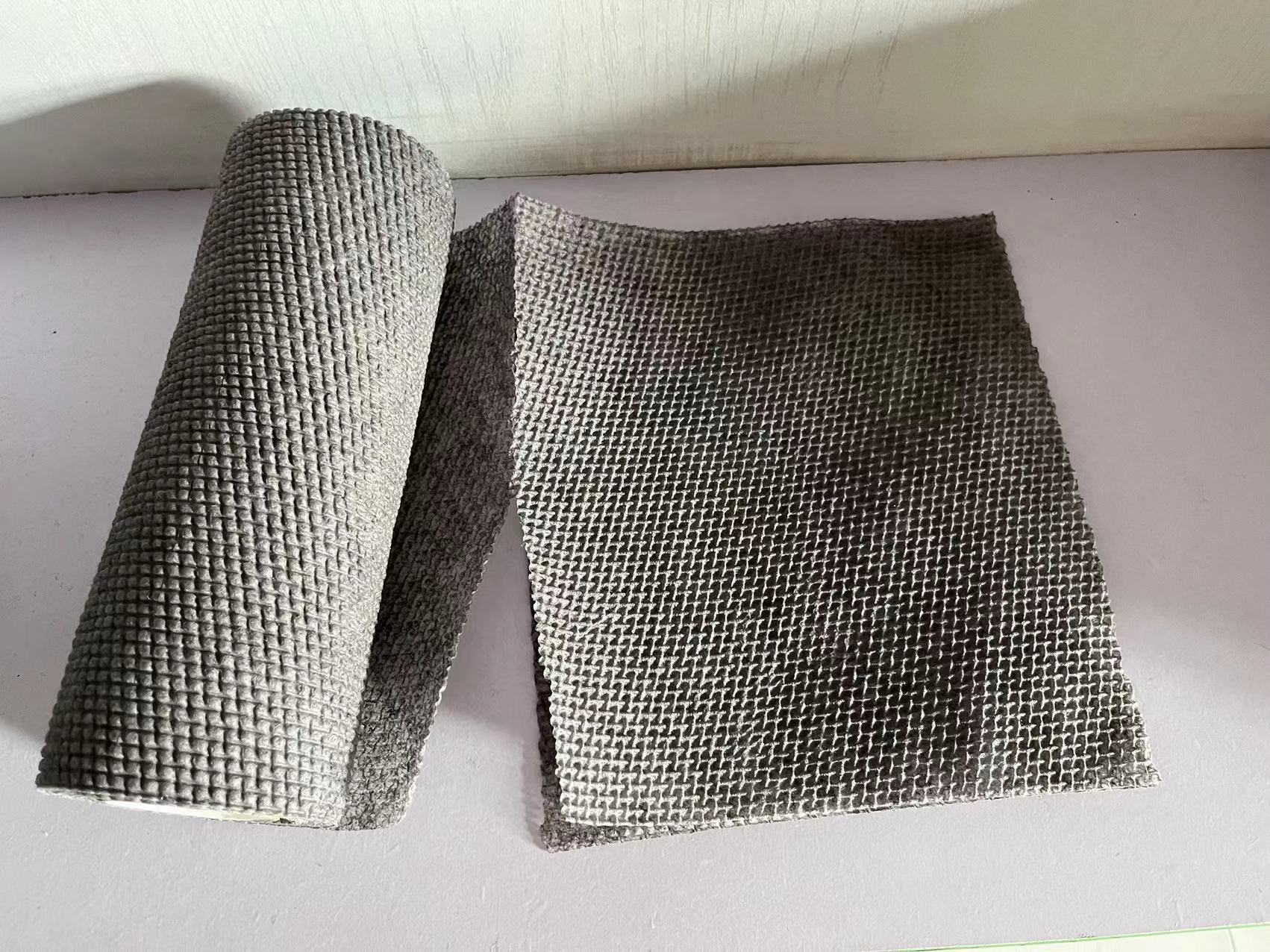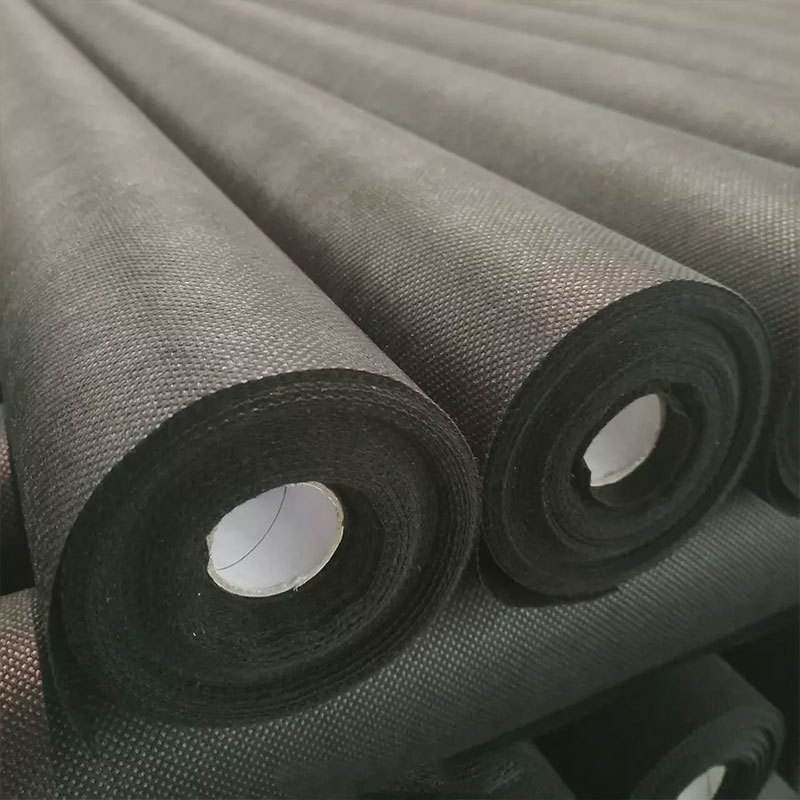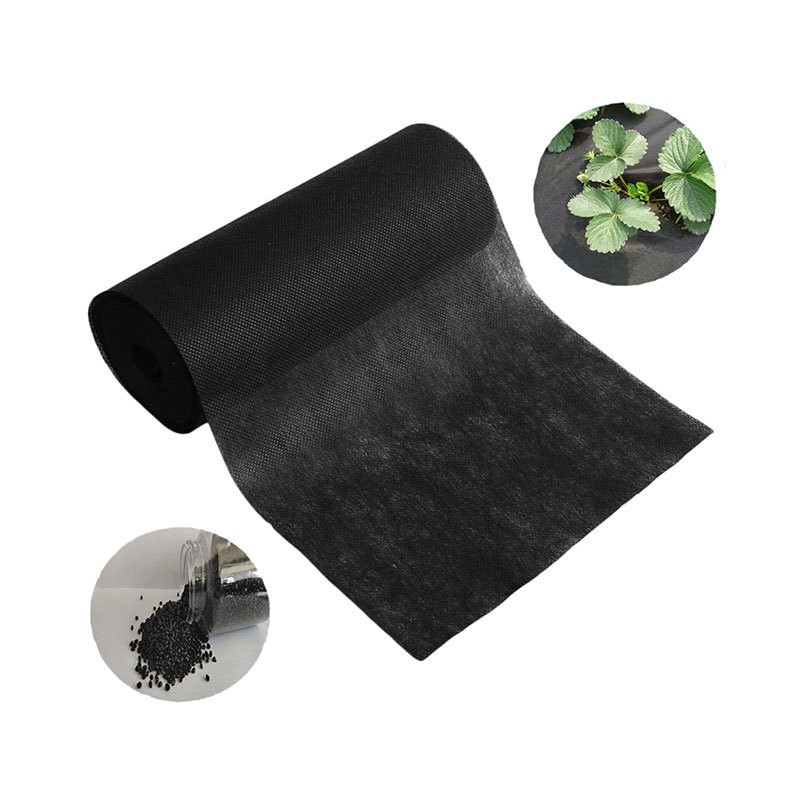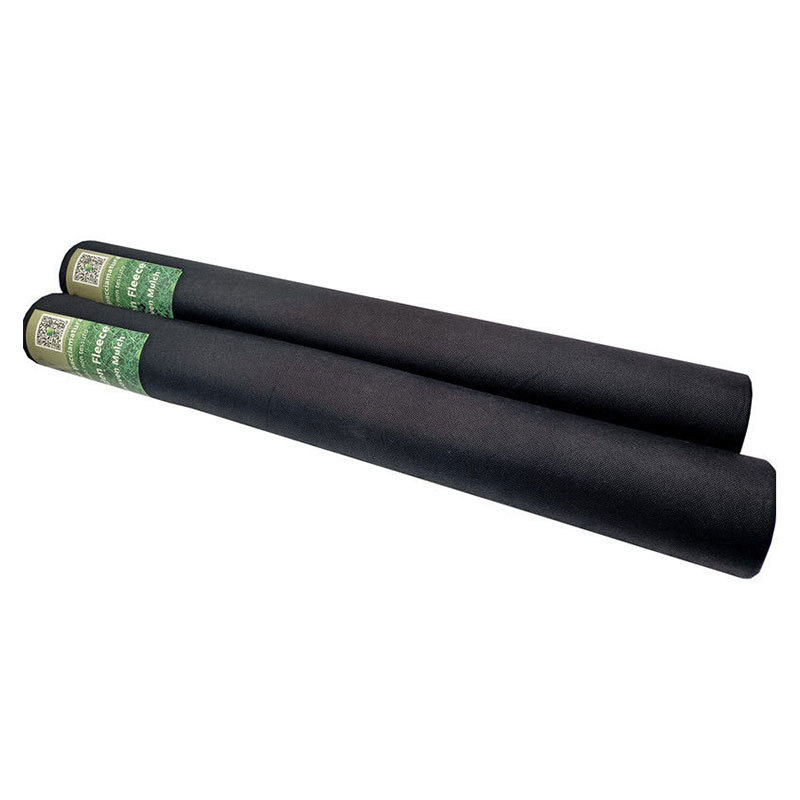08
2025
-
06
Understanding PP Nonwoven Fabric: Applications and Benefits
PP nonwoven fabric, made from polypropylene, has gained significant traction in recent years due to its unique properties and versatile applications. This fabric is produced through a process that entangles fibers together, creating a strong and durable material without the need for weaving or knitting. The result is a lightweight, breathable, and highly resistant fabric that is both functional an
PP nonwoven fabric, made from polypropylene, has gained significant traction in recent years due to its unique properties and versatile applications. This fabric is produced through a process that entangles fibers together, creating a strong and durable material without the need for weaving or knitting. The result is a lightweight, breathable, and highly resistant fabric that is both functional and economical.
One of the most notable characteristics of PP nonwoven fabric is its water resistance. This makes it an ideal choice for various applications, ranging from medical supplies to agricultural products. In the medical field, PP nonwoven fabric is widely used for surgical gowns, masks, and drapes due to its barrier properties and ability to maintain hygiene standards. Its lightweight nature also contributes to comfort, making it suitable for prolonged wear in sensitive environments.
In the agricultural sector, PP nonwoven fabric serves as an effective solution for crop protection. It is often used as a cover for plants, shielding them from harsh weather conditions while allowing air and moisture to circulate. This helps in creating an ideal microclimate for plant growth. Additionally, the fabric can be used for weed control and as a landscape fabric, effectively preventing weed growth while maintaining soil health.
The versatility of PP nonwoven fabric extends to other industries as well. In the consumer goods sector, it is commonly used for shopping bags, disposable tablecloths, and various home textiles. The fabric's lightweight yet robust structure enables manufacturers to produce durable products that are easy to handle and transport. Furthermore, the fabric can be produced in various colors and patterns, allowing for customization to meet specific consumer preferences.
Another significant advantage of PP nonwoven fabric is its sustainability. As awareness around environmental issues grows, many manufacturers are focusing on producing biodegradable and recyclable versions of this fabric. By opting for PP nonwoven fabric, companies can not only offer high-quality products but also contribute to a more sustainable future.
Moreover, the production process of PP nonwoven fabric is relatively efficient, which can lead to cost savings in manufacturing. With minimal waste generated during production, it becomes an attractive option for businesses looking to optimize their resources and reduce costs.
In conclusion, PP nonwoven fabric is a dynamic material that offers numerous benefits across various industries. Its unique properties make it suitable for a wide range of applications, from medical supplies to agricultural uses and consumer products. As the demand for sustainable and efficient materials continues to rise, PP nonwoven fabric stands out as a viable choice for businesses aiming to innovate while maintaining a commitment to environmental responsibility.
One of the most notable characteristics of PP nonwoven fabric is its water resistance. This makes it an ideal choice for various applications, ranging from medical supplies to agricultural products. In the medical field, PP nonwoven fabric is widely used for surgical gowns, masks, and drapes due to its barrier properties and ability to maintain hygiene standards. Its lightweight nature also contributes to comfort, making it suitable for prolonged wear in sensitive environments.
In the agricultural sector, PP nonwoven fabric serves as an effective solution for crop protection. It is often used as a cover for plants, shielding them from harsh weather conditions while allowing air and moisture to circulate. This helps in creating an ideal microclimate for plant growth. Additionally, the fabric can be used for weed control and as a landscape fabric, effectively preventing weed growth while maintaining soil health.
The versatility of PP nonwoven fabric extends to other industries as well. In the consumer goods sector, it is commonly used for shopping bags, disposable tablecloths, and various home textiles. The fabric's lightweight yet robust structure enables manufacturers to produce durable products that are easy to handle and transport. Furthermore, the fabric can be produced in various colors and patterns, allowing for customization to meet specific consumer preferences.
Another significant advantage of PP nonwoven fabric is its sustainability. As awareness around environmental issues grows, many manufacturers are focusing on producing biodegradable and recyclable versions of this fabric. By opting for PP nonwoven fabric, companies can not only offer high-quality products but also contribute to a more sustainable future.
Moreover, the production process of PP nonwoven fabric is relatively efficient, which can lead to cost savings in manufacturing. With minimal waste generated during production, it becomes an attractive option for businesses looking to optimize their resources and reduce costs.
In conclusion, PP nonwoven fabric is a dynamic material that offers numerous benefits across various industries. Its unique properties make it suitable for a wide range of applications, from medical supplies to agricultural uses and consumer products. As the demand for sustainable and efficient materials continues to rise, PP nonwoven fabric stands out as a viable choice for businesses aiming to innovate while maintaining a commitment to environmental responsibility.
PP nonwoven fabric


